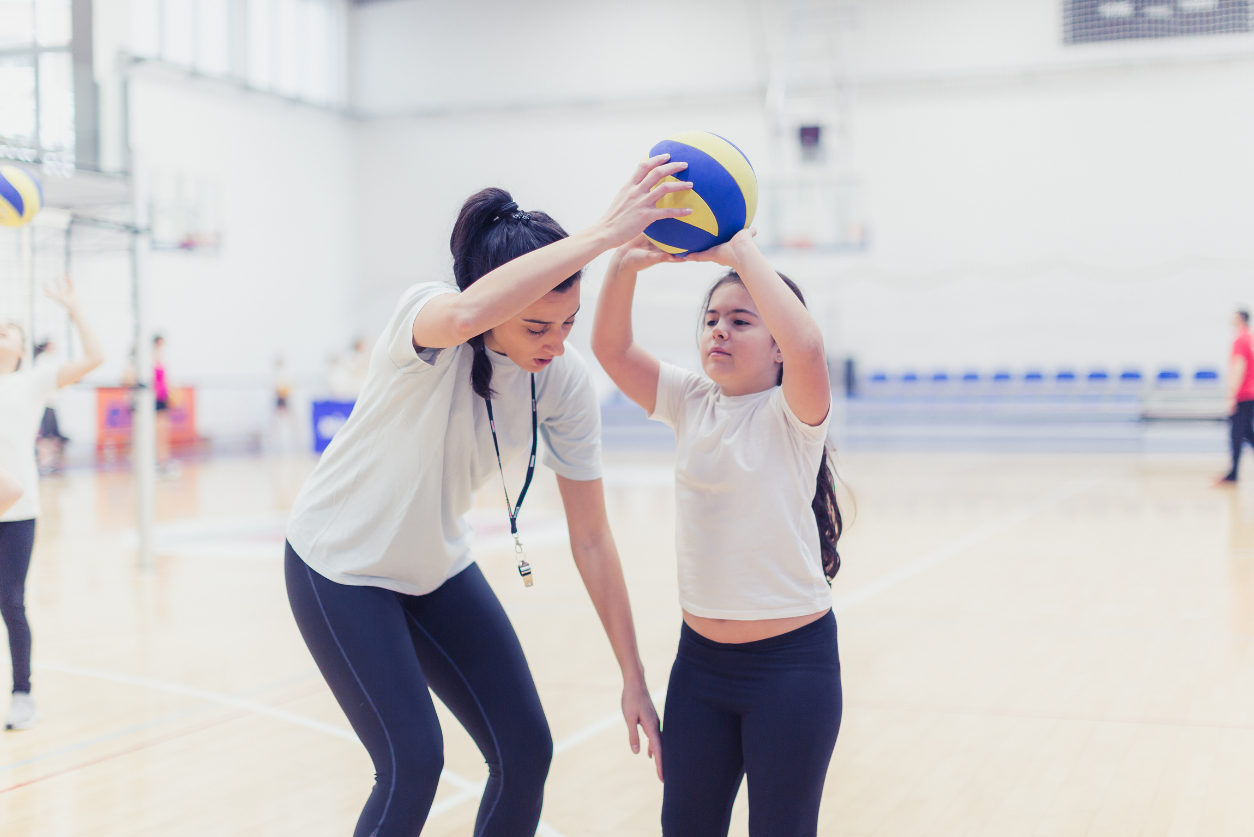Athletes are often praised for their physical abilities—speed, strength, endurance, and technique—but the most successful athletes also possess another critical skill: a strong mental game. Mental game coaching is an essential aspect of athlete development that is often overlooked. In fact, it can be just as important as physical training when it comes to achieving peak performance.
Whether it’s staying calm under pressure, recovering from mistakes, or maintaining focus throughout a game, athletes rely on their mental skills to perform at their best. Mental game coaching helps athletes develop these skills, enabling them to overcome challenges, build resilience, and unlock their full potential.
What is Mental Game Coaching?
Mental game coaching is a specialized form of coaching that focuses on the mental and emotional aspects of sports performance. Unlike physical coaching, which emphasizes technique, endurance, and strength, mental game coaching works on developing an athlete’s mindset. It addresses areas such as confidence, focus, anxiety management, visualization, and emotional regulation.
A mental game coach works with athletes to help them improve their mental resilience, cope with pressure, and enhance their ability to perform under challenging circumstances. Just as physical training builds muscles, mental game coaching builds mental toughness.
Why Mental Game Coaching is Crucial for Athlete Development
While physical talent is important, an athlete’s mental state plays a huge role in their success. Even the most skilled athletes can struggle if they don’t have a strong mental game. Here are a few key reasons why mental game coaching is crucial for athlete development:
1. Building Confidence
Confidence is a cornerstone of athletic performance. Athletes with strong mental skills believe in their abilities, which helps them take risks, stay focused, and push through tough moments. However, even the most talented athletes can experience self-doubt, especially when faced with challenges.
Mental game coaching helps athletes build and maintain confidence, even when things aren’t going as planned. Coaches teach athletes how to manage negative thoughts, turn failures into learning experiences, and visualize success. A confident athlete is more likely to take on challenges, bounce back from setbacks, and perform at their best.
2. Improving Focus
Athletes need to maintain focus throughout their games or competitions. In fast-paced sports, the ability to concentrate on the task at hand is essential to avoid mistakes and capitalize on opportunities. Unfortunately, distractions can easily throw athletes off track—whether it’s an opponent’s behavior, a mistake they made earlier, or external pressures like the crowd or the scoreboard.
Mental game coaching provides athletes with tools to improve their focus. Techniques like mindfulness and breathing exercises help athletes stay present and concentrate on the task at hand. By learning to block out distractions, athletes can perform at their best even under intense pressure.
3. Managing Performance Anxiety
Performance anxiety is a common issue for athletes, especially before big games or important events. The fear of making mistakes, letting down teammates, or failing in front of an audience can be paralyzing. This anxiety can negatively affect an athlete’s performance, causing them to overthink, second-guess, or lose their composure.
Mental game coaching helps athletes manage anxiety by teaching them relaxation techniques, mental imagery, and positive self-talk. By addressing the root causes of performance anxiety and teaching athletes how to remain calm, mental game coaches enable athletes to perform confidently and effectively under pressure.
4. Developing Resilience
Resilience is the ability to recover quickly from setbacks. In sports, athletes are bound to experience failures—whether it’s a missed shot, a lost game, or an injury. What separates successful athletes from the rest is their ability to bounce back from these setbacks and keep moving forward.
Mental game coaching teaches athletes how to develop resilience. Instead of dwelling on mistakes or failures, athletes learn to view them as opportunities for growth. With the help of a mental game coach, athletes develop the mental toughness to keep pushing forward, no matter the challenges they face.
5. Visualization and Mental Imagery
Visualization is one of the most powerful tools in mental game coaching. Athletes use mental imagery to rehearse successful performances, visualize their goals, and strengthen their focus. By imagining themselves succeeding, athletes can boost their confidence and condition their minds to respond positively in real-life situations.
Mental game coaches help athletes create vivid mental images of themselves performing well, which primes them for success. This technique is particularly useful for athletes who are preparing for important games or competitions, as it allows them to mentally rehearse their moves and actions in advance.
How Mental Game Coaching Enhances Long-Term Athlete Development
Athlete development isn’t just about improving skills and performance in the short term; it’s about setting athletes up for long-term success. Mental game coaching provides athletes with the tools they need to stay focused, motivated, and resilient over the course of their careers. These mental skills help athletes navigate the ups and downs of their sports journey, from facing tough losses to dealing with injuries.
By focusing on mental strength, athletes not only improve their performance but also learn how to manage their emotions and stay motivated throughout their careers. This long-term development is what separates the great athletes from the good ones.
When Should Athletes Start Mental Game Coaching?
It’s never too early or too late to start mental game coaching. Young athletes can benefit from mental game coaching by developing a strong mindset early on. By learning mental strategies such as goal-setting, positive self-talk, and focus techniques, young athletes are better equipped to handle the pressures of competition and develop a lifelong passion for their sport.
For older athletes, mental game coaching can be just as beneficial. Whether it’s recovering from a slump, preparing for a big competition, or learning how to handle the mental pressures of professional sports, mental game coaching can help athletes perform at their highest level, regardless of age or experience.

